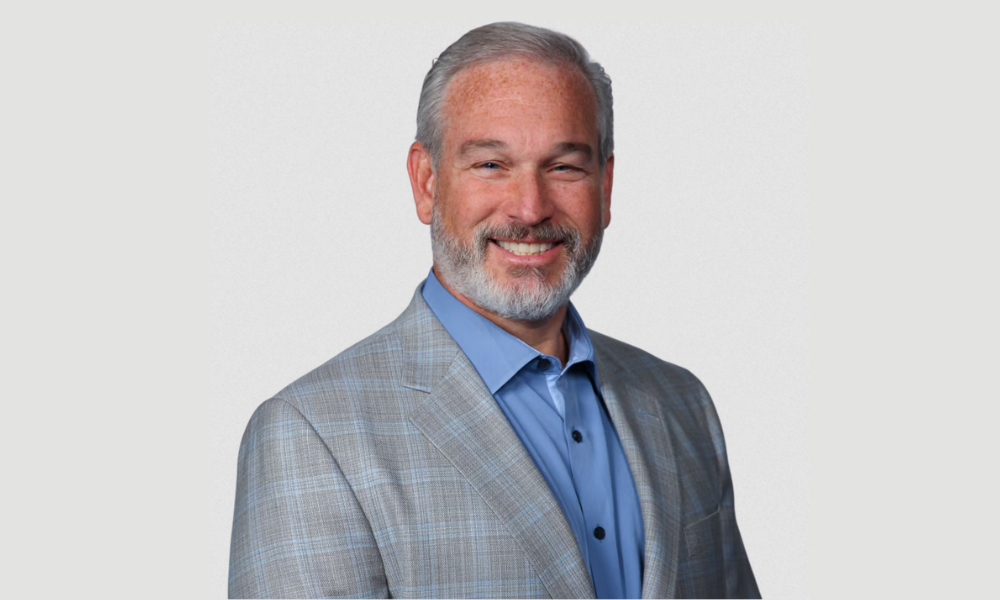A simplified non-QM focus is setting new growth records in a difficult market

ACC (All Credits Considered) Mortgage has celebrated its 25th year of business, and the journey has been marked by extraordinary resilience, innovation, and a steadfast commitment to serving the non-QM market.
ACC Mortgage president Robert Senko (pictured) has led the business through several economic downturns – and yet, June 2024 has been one of its best months to date. Given the non-QM market tends to baffle even seasoned industry professionals, this sustained rate of growth is truly impressive.
Speaking to MPA, Senko says his core principle throughout this time period has been ‘less is more.’ He notes that in a high-interest rate environment, non-QM products are naturally set to become more popular, and so making them easy to digest for brokers is vital.
“My job is to really have some foresight to see where market trends are going, and what we can do to separate ourselves,” Senko explains.
“Active loan officers may only do a handful of non-QM deals a year, so my job is to educate and make the process simpler for them. I think we’ve done a good job of that, as evidenced by our record-breaking month.”
ACC Mortgage recently released a condensed version of its guidelines, which breaks its offerings down into four core products: Prime, Prime Plus, DSCR and Second Chance. Senko highlights that ACC Mortgage has also focused on providing more flexible options for self-employed homebuyers, most notably through its P&L loan options.
These options are a unique offering, as most lenders will only consider homebuyers whose businesses have been operating for at least 24 months. ACC Mortgage cuts this down by half, and offers solutions to those with just 12 months under their belt. Its ability to offer loans based on P&L rather than bank statements is a key reason for this, and gives entrepreneurs some much-needed flexibility.
Its DSCR program offers business purpose loans for investors, and a growing segment of these loans are servicing foreign nationals. Senko points out that this portion of the market tends to be underserved, as they are a different demographic to ITIN borrowers already in the United States.
“We have lots of people who want to invest in the United States from outside the country, and there are a lot of nuances involved in offering a comprehensive solution for these borrowers,” he explains.
“In contrast, our Prime Plus program is primarily for ITIN borrowers. That’s a growing population, and it’s important to create a product that can invest into those who are here, who are working, and want to build a better life for them and their families.”
Ultimately, the strategy is to create a non-QM one-stop shop. Senko notes that the clarity of ‘core four’ products doesn’t just benefit brokers, but also his own underwriters and staff. This is particularly important as the market recedes from the highs of 2020-21, and lenders and brokers increasingly start to compete for a smaller pool of transactions.
“The last two years have gotten more difficult, and I’ve seen a lot of competitors either shutting their doors or consolidating,” Senko comments.
“I don’t expect to see rates drop dramatically in the near future, and I think we’ll see a tougher fourth quarter. However, people still want to buy homes, and will buy homes – so the reality is that there’s plenty of business out there.”
When it comes to driving growth in a difficult market, Senko says the key is to always keep looking ahead, and not be afraid to ask yourself the difficult questions. The start of 2024 is a great example of this, with forecasts predicting a series of rate cuts that didn’t pan out.
“It’s human nature to focus on what you hope will happen, but you have to look at the landscape and ask where you realistically think it will go,” he says.
“We still have a housing supply issue, families are growing, and millennials are getting ready to buy first homes. I think everyone wishes it was 2021 again, and the reality is that that’s not coming back. However, I’m still very positive about the mortgage business, and particularly the non-QM market.”



